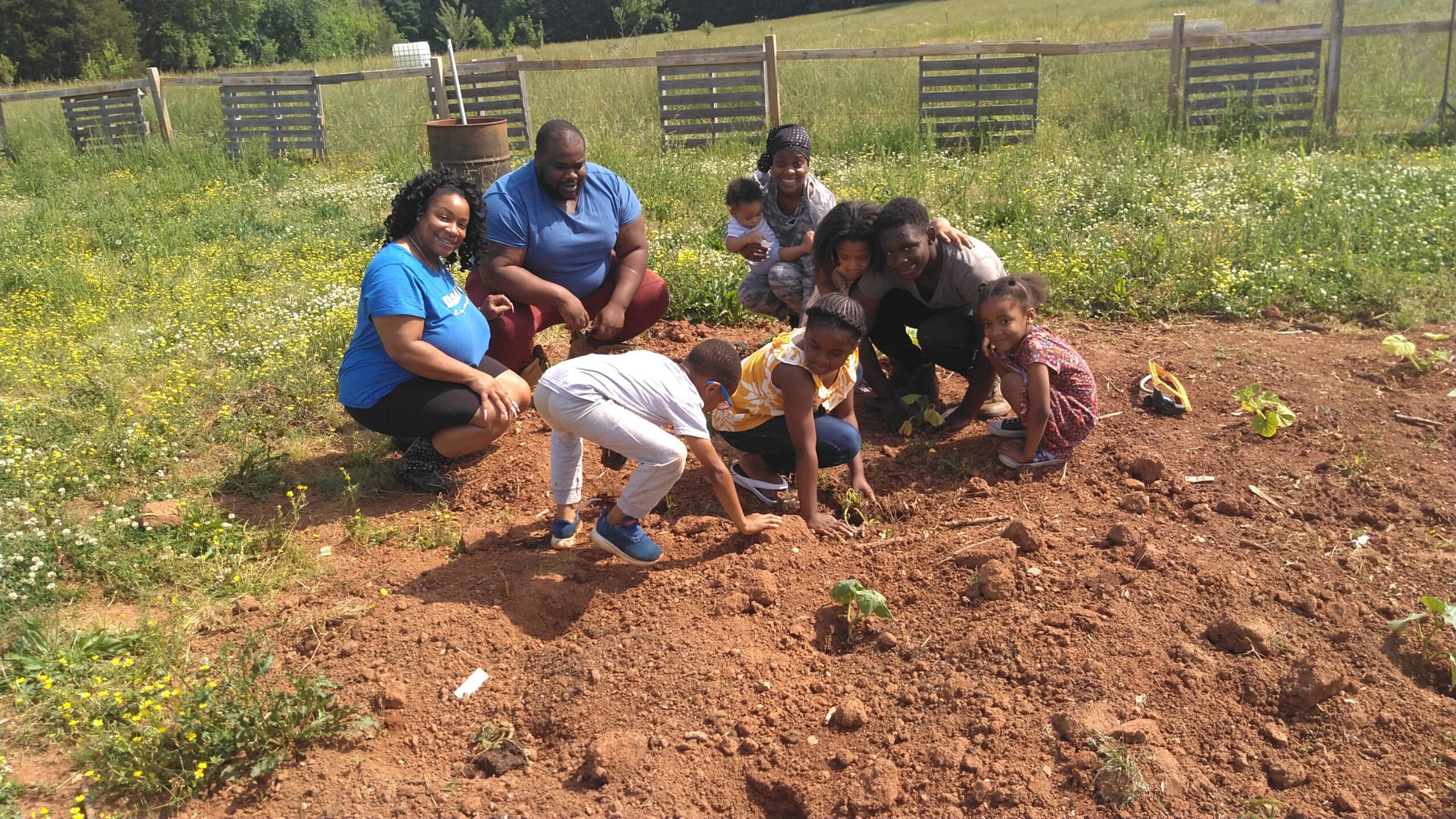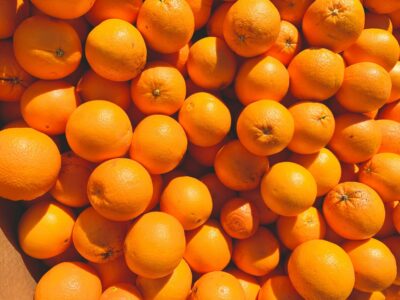After lamenting the North Carolina heat while simultaneously basking in the warm afternoon glow, the proprietor of Amman Farm, Beatrice Marong, shared why she started farming. “I always knew I wanted to do a business with education. I didn’t know (that it) was going to be food. But due to the poor health of many of my friends and family, I think I led myself into all of that, (and that) led me into food.”
The former teacher, known locally as “Miss Beatrice,” is off and running, speaking with knowledge and passion, “So when we first started, we started growing moringa. And we chose moringa because it has high nutrition within this plant and is used to get people back on track nutritionally. So if you’re suffering—most diseases come from malnutrition of some form,” she said.
“So, even though in America we might be overweight, we eat so much because we suffer from malnutrition because of what we eat. So we eat food that has no nutrition. And we chose moringa because when given to people from like third world countries, you can see a dramatic change, like within a week!”
From here, she pivots to all the many things Amman Farm does and grows—the list is not short. In addition to raising lambs and chickens, Amman Farm and Miss Beatrice do a lot of greenhouse farming year-round and for a specific reason.
“I kind of broke it down so that somebody could have an actual meal, a whole meal based off the farm. So we have one (greenhouse) that we grow strawberries and fig trees; therefore, they have fresh figs throughout the year and strawberries during the strawberry season. And then we have a variety of eggplants where we just grow five varieties of plants: Chinese, Japanese, Italian,” she said. “We dedicate another greenhouse for sweet peppers and hot peppers. We do Carolina peppers for those people that like that kind of stuff. We do purple chili peppers, regular sweet bell peppers—just a variety of peppers. And then we have another one we dedicate to hibiscus, which we have just because people use it as tea. So, everything we do is try to get nutrition back into the body.”
Beyond just good, southern, homegrown food for the customers in her region and across the country, Miss Beatrice goes the extra mile to achieve fresh, quality, nutritious offerings from Amman Farm and uses a 360-degree farming model.
“Yes, we try to do everything organically—we do our own compost. We raise worms, both earthworms and mealworms. We even try to keep away from genetically altered food for the chickens and the turkeys and ducks—we really try to get them something organic,” she said.
“We raise lamb, and they only get the grass along with the moringa and fruits and vegetables that we grow here on the farm itself. So, we try to do as much locally as you can.”
Before ending our conversation, Beatrice Marong shows her appreciation for the people who come from near and far to enjoy her and the community of other local farmers that work in tandem with Amman Farms. One can almost feel the wide, beaming smile on her face through the phone line.
“Once you have a committed customer, that’s the saving grace. When somebody says to you: ‘I need that product, and I trust that product, I want that product, and I’ll come and get it myself.’ That makes a difference,” she said.





